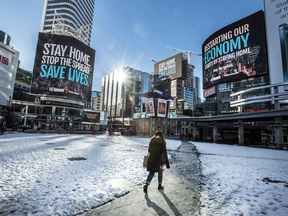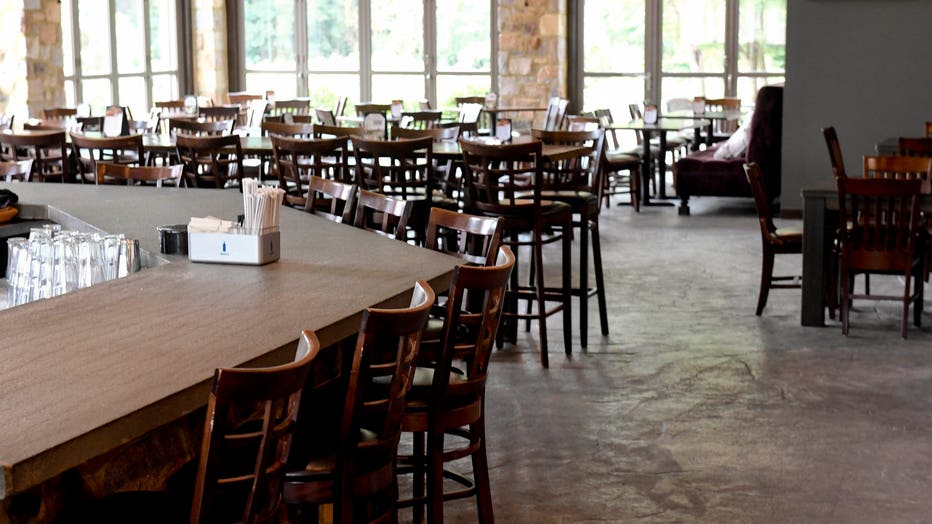Pandemic Mortality Rate Reduction in Lockdowns
"[Global pandemic lockdowns prevented a mere 0.2 percent of COVID-19 deaths], not an effective way of reducing mortality rates during a pandemic.""We find no evidence that lockdowns, school closures, border closures, and limiting gatherings have had a noticeable effect on COVID-19 mortality.""[Given the] devastating effects [of lockdowns, they should be] rejected out of hand as a pandemic policy instrument.""Researchers [in both Europe and the United States found lockdowns could be expected to bring mortality rates down by 02 percent] as compared to a COVID-19 policy based solely on recommendations."Johns Hopkins University meta-study"There are other elements of lockdown that should be considered ... hospital overload and general burden of disease, including the need for hospitalization in those who fall ill and long-term consequences for the infected.""It made little sense to prevent young people from living normally because they are at very low risk of getting very sick, but have been very, very heavily hit by the impacts of lockdown."Dr.Jennifer Grant, infectious diseases physician, University of British Columbia
 |
| In both Europe and the United States, researchers found that a lockdown could only be expected to bring down mortality rates by 0.2 per cent “as compared to a COVID-19 policy based solely on recommendations.” Photo by PETER J. THOMPSON/NATIONAL POST |
The study the paper is based on represents a review of 34 pre-existing COVID-19 studies. The finding of a minimal impact on death rates related to the pandemic expedient of closing down society for prolonged periods of time made a difference in a country like Canada with a population of 38-million of 70 fewer fatalities due to the coronavirus. As for border closings, that measure was found to be even less effective; death rates diminishing roughly 0.1 percent.
Partial credit was given to policies shutting down 'non-essential' businesses, which the study concluded could bring COVID death rates down by up to 10 percent; the qualifier being that this would have been "likely to be related to the closing of bars". Studies where researchers found they had sufficient data to draw a link between lockdown policies and subsequent effect on COVID-19 fatalities formed the basis for the meta-analysis conclusions.
Restaurant closures and mask mandates saved lives, but closing spas resulted in no effect whatever. A July 2020 paper from The Lancet tallying up COVID-19 outcomes in the 50 hardest hit countries of the world was cited and compared to factors ranging from border closings to obesity rates, finding that 'full lockdowns' and 'rapid border closures' could reduce a country's case rate, but had not much effect on death rates.
Close to 83 studies were excluded from the study by the Johns Hopkins researchers who wanted only to study death rates; in the process discarding any study that examined the effect of lockdowns on hospitalizations or case rates. The researchers also omitted any study that evaluated lockdowns based primarily on 'forecasts' of anticipated deaths, absent controls for factors such as 'season' or 'behaviour' that might explain why death rates in Europe failed to reach the level virologists had predicted.
The new Johns Hopkins paper was produced by research economists and not by epidemiologists, unlike much of the research that has been media-cited. Steve Hanke, the lead author, is a senior fellow at the libertarian Cato Institute, a contributor to the National Review. It is not the sole or the first study to take the edge off the belief that lockdowns played a significant role in saving lives during the pandemic.
Published in the Proceedings of the National Academy of Sciences in April, a study determined that American 'shelter-in-place' orders "had no detectable health benefits". In that study, the conclusion was that the policy failed, resulting from Americans taking up social distancing protocols of their own sensible volition. If lockdowns were ineffective, wrote the Johns Hopkins researchers, "this should draw our focus to the role of voluntary behavioural changes".
While it will take years of research to come, for a complete picture of the destructive effects related to lockdown policies -- damage to mental health and spikes in cancer and overdose fatalities among them -- government-imposed lockdowns are known to have spurred one of the most expensive single events in economic decline in human history,
 |
| An empty restaurant in Lower Alsace Township, Pennsylvania amid the coronavirus pandemic. (Photo by Ben Hasty/MediaNews Group/Reading Eagle via Getty Images) |
Labels: Economic Consequences, Global Pandemic, Johns Hopkins Study, Lockdowns, Minimal Impact on COVID Deaths, Research

0 Comments:
Post a Comment
<< Home